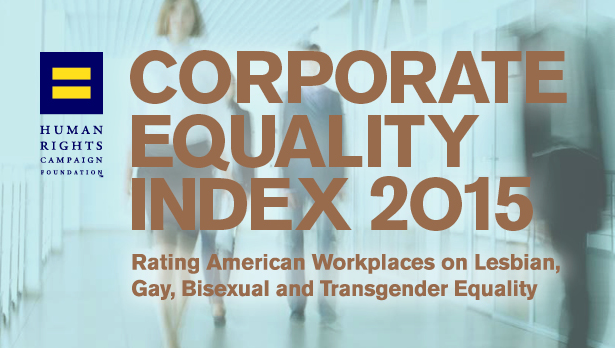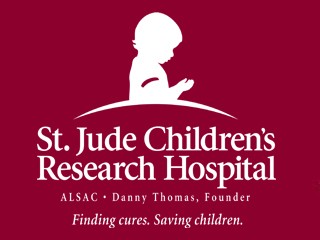A good fact is hard to find, especially in these truth-fluid times. But it’s nice to know there are a few solid ones you can stand upon.
That was my thinking as I pitched this story to our editor, Shara Clark. Then I started compiling these facts and realized even some of them can be fluid. A classic example: Which was the first rock-and-roll song, “Rocket 88” or “That’s All Right”? Either one still makes Memphis the “birthplace of rock-and-roll,” though. Right?
Also, some data rhyme and you have to pick them apart. Example: The current graduation rate for Memphis-Shelby County Schools is 87.3 percent. But the Memphis population with only a high school degree is 31 percent. Both facts are listed as just “Memphis graduates” in a couple of datasets.
Keep all this in mind as you peruse our list of facts. We’ve tried hard to hit the middle of the dartboard. But nailing down a fact can be a slippery thing sometimes. So if you have a quibble and you’d like to discuss, or if we’re plain wrong and you’d like a correction or clarification, please email me at toby@memphisflyer.com. — Toby Sells
History
• Original inhabitants: Chickasaw Nation
• First European explorer: Spanish conquistador Hernando de Soto (1541)
• Ceded from the Chickasaws to the U.S. in the Jackson Purchase (1818)
• City founded in 1819 by John Overton, James Winchester, and Andrew Jackson
• Named after the ancient capital of Egypt on the Nile River
• Original name (anglicized as Men-nefer) means “enduring and beautiful”
• Modern city incorporated as a city: 1826
• Yellow fever epidemics: late 1870s
• Surrendered its charter: 1879
• New city charter granted: 1893
• Elvis Presley records “That’s All Right” at Sun Studio in 1954; widely considered to be the first rock-and-roll record ever recorded
• Martin Luther King Jr.’s assassination: April 4, 1968, at the Lorraine Motel
• Motel opened as National Civil Rights Museum in 1991
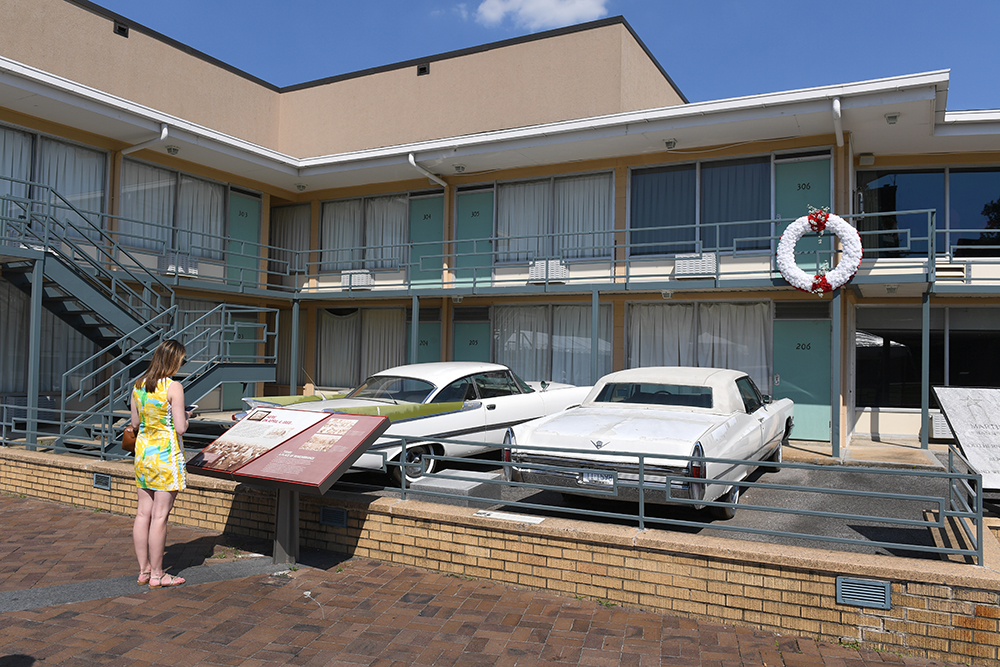
Geography and Land
• Total area: 302 square miles (land, 295 square miles; water, 7.6 square miles)
• Elevation: 337 feet above sea level
• Sited on the Fourth Chickasaw Bluff
• Water source: Memphis Sand Aquifer
• The aquifer spans more than 7,000 square miles under eight states
• Water age: typically over 2,000 years old
• Its pure drinking water was deemed “the sweetest in the world”
• Aquifer volume: more than 100 trillion gallons, enough to cover all of Shelby County up to the top of Clark Tower
• Number of extreme heat days: 20 (2022)
• Number of extreme precipitation days: 4 (2023)
Demographics
• Total population (2020 census): 633,425
• Population estimate (2023): 618,639
• Population decrease: -2.6 percent
• Second-most populated city in Tennessee (after Nashville)
• Black or African American: 64.4 percent
• White: 26.5 percent
• American Indian or Alaskan Native: .3 percent
• Asian: 1.6 percent
• Hispanic or Latino: 8 percent
• Median age: 33.9
• Over 65: 14.6 percent
• Under 18: 31.8 percent
• Ratio: 88 males for every 100 females
• Employment rate: 59.8 percent (2023)
• Total households: 257,188
• Average household size: 2.6 persons per household (2018-2022)
• Children in single-parent households: 43.5 percent (2018-2022)
• Only English spoken at home: 88.6 percent of households
• Language other than English spoken at home: 11.4 percent
• Foreign-born population Memphis: 8.3 percent
• Median household income Memphis: $51,399 (2023)
• Median family income Memphis: $61,977
• Poverty Memphis (2023): 22.6 percent
• Largest poverty age group Memphis: under 18 (36.3 percent)
Housing and Living
• Total housing units: 286,713
• Occupied housing units: 255,642
• Largest housing occupancy by type: married-family couple (45,875)
• Second-largest housing occupancy by type: female householder, no male present (18,726)
• Vacant housing units (2020): 31,071
• Moved from a different state to Memphis (2023): 2 percent
• Moved within Shelby County (2023): 10.2 percent
• Median gross rent Memphis: $1,175
• Homeownership rate Memphis: 44.9 percent
• Largest home category by price: $200,000 to $299,000 (23.5 percent)
• Second-largest home category by price: $300,000 to $499,999 (17.55 percent)
• Average commute time in Memphis: 20.9 minutes
• Largest means of transportation: drive alone (77.8 percent)
• Second-largest means of transportation: car pool (9.2 percent)
• Commuters on public transportation: .8 percent
• Households without a vehicle: 8.4 percent (2018-2022)
Health (all of Shelby County)
• Quality of life ranking (out of 95 Tennessee counties): 87th (2023)
• Mortality ranking (early death): 69th (2023)
• Physical environment ranking (air, water, housing, commuting alone): 91st
• Social and economic ranking (education, employment, violent crime, children in poverty, more): 83rd
• Life expectancy: 72.5 years (2019-2021)
• All cancer incidence rate: 438.2 cases per 100,000 population (2017-2021)
• Death rate due to cancer: 162.1 per 100,000 population (2018-2022)
• Child mortality rate (under 20): 92.4 deaths per 100,000 population (2018-2021)
• Teens who are sexually active: 32.2 percent (2021)
• Adults who binge drink: 15.7 percent (2022)
• Drug and opioid-involved overdose death rate: 32.4 per 100,000 population (2018-2020)
• Teens who use alcohol: 17.8 percent (2021)
• Teens who use marijuana: 18.9 percent (2021)
• Adults who have had a routine checkup: 79.8 percent (2022)
• Adults with health insurance: 83.7 percent (2023)
• Adults without health insurance: 10.8 percent (2022)
• Children with health insurance: 92.8 percent (2023)
• Children without health insurance: 7.2 percent (2023)
• People with private health insurance only: 50.6 percent (2023)
• Persons with public health insurance only: 26.7 percent (2023)
• Death rate due to heart disease: 209.2 per 100,000 population (2022)
• High blood pressure prevalence: 41.5 percent (2021)
• High cholesterol prevalence: 33.2 percent (2021)
• Adults ever diagnosed with depression: 25.2 percent (2022)
• Adults with any mental illness: 15.8 percent (2018-2020)
• Death rate due to suicide: 11.6 per 100,000 population (2018-2020)
• High school students who attempted suicide: 16.8 percent (2021)
• Adults (20+) who are sedentary: 22.6 percent (2021)
• High school students who engage in regular physical activity: 26.5 percent (2021)
• Death rate due to firearms: 33.6 per 100,000 population (2018-2020)
• HIV prevalence rate: 900.6 cases per 100,000 population (2022)
• Death rate due to HIV: 4.6 per 100,000 population (2018-2020)
• Adults who smoke: 19.3 percent (2022)
• High school students who smoke cigarettes: 3.0 percent (2021)
• Adults (20+) who are obese: 34.1 percent (2021)
• High school students who are overweight or obese: 42.2 percent (2021)
• Death rate due to homicide: 28.7 per 100,000 population (2018-2020)
• Domestic violence incidents per 1,000 population: 17.6 incidents per 1,000 population (2022)
• Alcohol-impaired driving deaths 18.2 percent of driving deaths (2017-2021)
• Bicyclist deaths: 2 (2023)
• Death rate due to motor vehicle collisions 19.5 per 100,000 population (2015-2021)
• Pedestrian deaths: 476 (2023)
• Substantiated child abuse rate: 3.4 cases per 1,000 children (2023)
• Child food insecurity rate: 27.4 percent (2022)
• Total food insecurity rate: 13.4 percent (2022)
• Households receiving SNAP with children: 51.0 percent (2018-2022)
• Households with cash public assistance income: 1.7 percent (2018-2022)
Education
• Memphis-Shelby County Schools graduation rate: 83.4 percent (2024)
• Memphis population high school graduates (2023 estimate): 31.2 percent
• Bachelor’s degree or higher Memphis: 27.9 percent
• Enrolled in school (K-12) in Memphis: 72.4 percent
• University of Memphis is the largest post-secondary school (21,000 students)
• Also home to Rhodes College, Lemoyne-Owen College, Christian Brothers University, University of Tennessee Health Science Center, and Southwest Tennessee Community College
Business
• Largest industry employers: education, healthcare, and social assistance
• Second-largest industry employers: transportation, warehousing, and utilities
• Largest worker class: private company (68.6 percent)
• Second-largest worker class: local, state, or federal government (14.4 percent)
• Employer establishments: 19,659 (2022)
• Size of labor force: 431,038 (2024)
• Home to three Fortune 500 companies: FedEx Corp., AutoZone Inc., and International Paper Inc.
• Home to St. Jude Children’s Research Hospital and Le Bonheur Children’s Hospital
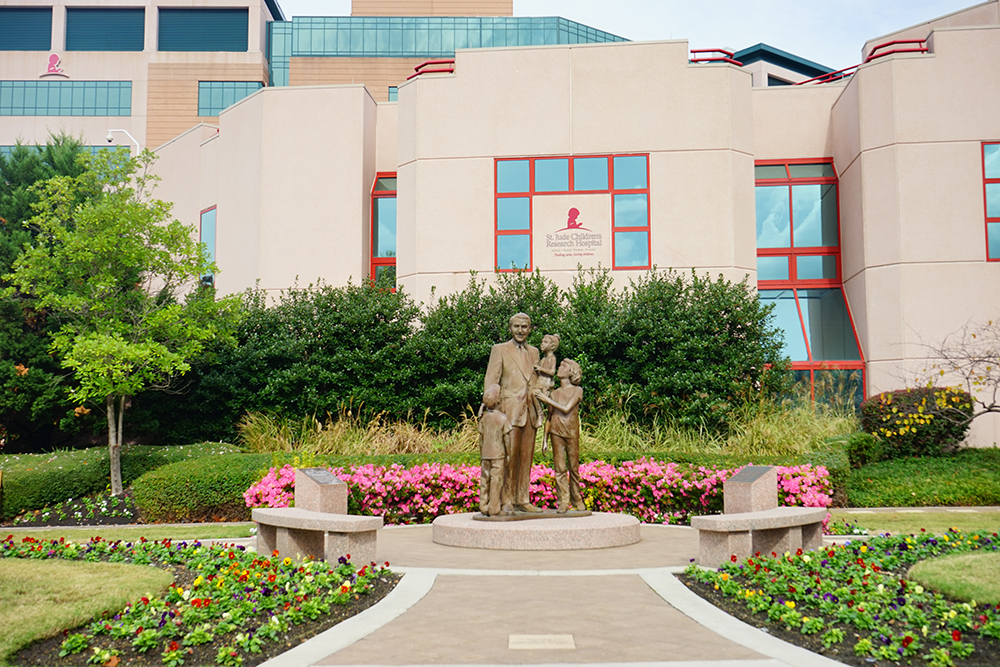
Economic Development Growth Engine(EDGE) stats since 2011
• Total jobs: 52,877
• Total capital investment: $11,691,419,735
• Number of PILOTs approved: 125
• Spending with local and minority companies: $804,417,653
• Average wage (PILOTs only): $83,251.28
• Average PILOT term: 11 years
• Local tax revenues generated: $1,956,924,055
• Total tax not charged to companies: $936,907,722
• Benefit-to-cost ratio: 2.09
• Incentive amount per job per year: $3,256.59
• Number of TIFS approved: 6
• Number of loans approved: 118
• Total loan amount: $15,924,841
• Number of bonds approved: 12
• Total bond amount: $569,737,850
Industry sectors
Food and Beverage industry
• Employed: 53,288 (2022)
• GDP: $4.9 billion
• Locations: 2,517
Manufacturing
• Employed: 43,918 (2023)
• GDP: $11.7 billion
• Locations: 1,132
Agribusiness and AgTech
• Employed: 9,231 (2023)
• GDP: $2.6 billion
• Companies: 623
Automotive and Parts Suppliers
• Employed: 18,735 (2023)
• GDP: $3.7 billion
• Operations: 1,119
Healthcare and Life Science
• Employed: 88,725 (2022)
• GDP: $10.4 billion
• Operations: 4,114
Headquarters and Finance
• Employed: 49,743 (2022)
• GDP: $12.4 billion
• Companies: 5,111
Information and Technology
• Employed: 7,753 (2022)
• GDP: $2.4 billion
• Companies: 1,318
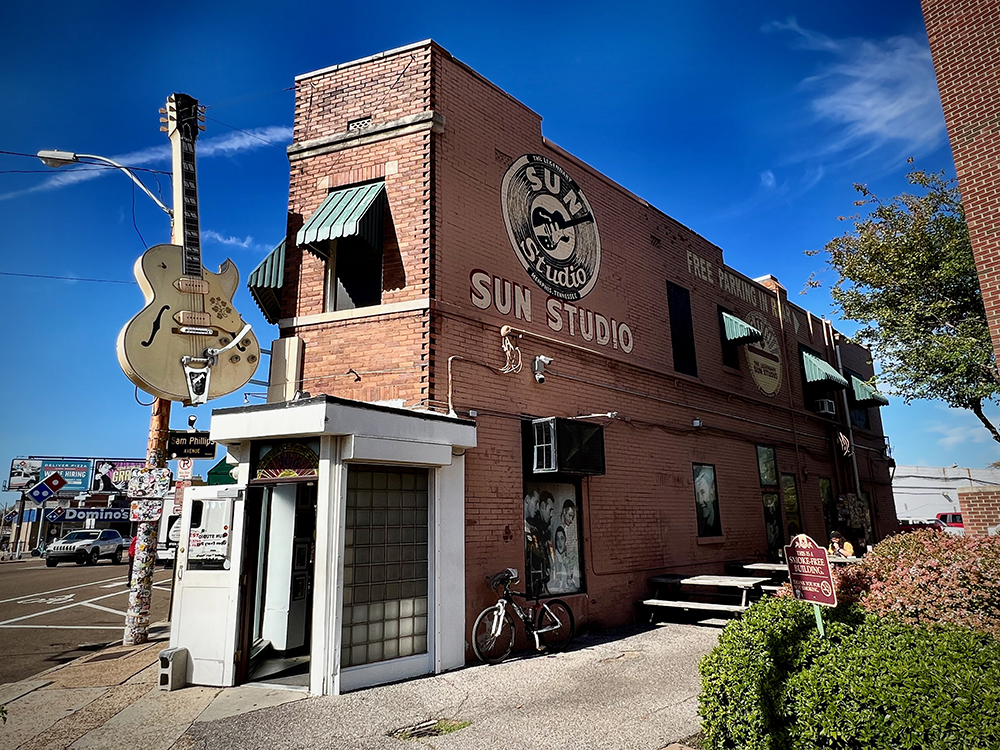
Music and Entertainment
• Employed: 29,295 (2022)
• GDP: $2 billion
• Companies: 828
Supply Chain and Logistics
• Employed: 119,002 (2022)
• GDP: $18.9 billion
• Companies: 3,602
Small Business and Entrepreneur
• Employed: 229,000 (2024)
• Payroll: $11 billion (2021)
• Businesses: 137,000
Port of Memphis
• Second-largest inland port on the Mississippi River
• Total operations: 127 (2018)
• Employed: 22,465
• Taxes generated: $44.5 billion
• Economic impact: $9.2 billion
• Home to the only petroleum refinery in Tennessee
• Hub for all five Class I railways that serve Memphis: BN, CN, CSX, Norfolk Southern, and Union Pacific
Memphis International Airport (MEM)
• Passenger traffic: 4.8 million (2023)
• MEM facilitated 4,981 flights (Nov. 2024)
• 77 percent on time
• 65 airlines
• Top three international destinations: Windsor, Canada; La Romana, Dominican Republic; Kerry, Ireland
• 274 routes
• Busiest routes: Chicago, Houston, Dallas
• Top three airlines: NetJets, Delta Air Lines, Flexjet
• Cargo operations: 8.56 billion pounds (2023)
• Busiest cargo airport in North America (2023)
• Second-busiest cargo airport worldwide (2023)
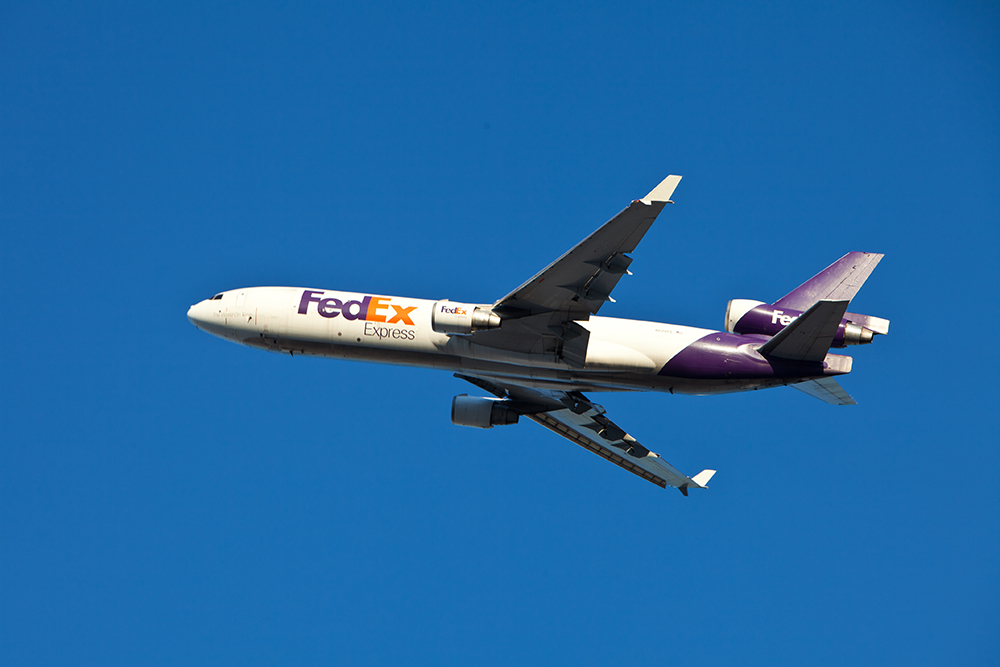
FedEx Corp.
• Total revenue for fiscal year 2024: $87.7 billion
• FedEx Express: $74.7 billion (85 percent of total revenue).
• FedEx Freight: $9.4 billion (11 percent of total revenue).
• Other services like FedEx Office and FedEx Logistics: $3.6 billion (4 percent of total revenue)
• Operates world’s largest cargo airline, covering over 650 airports globally
• Moves an average of over 14.5 million shipments daily
• Serves over 220 countries and territories
• Connects 99 percent of the world’s GDP
• Global employees: ~500,000 (2023)
• Memphis employees: ~35,000 (2024)
• Operating facilities: ~5,000 worldwide (2023)

Tourism and Cultural Assets
• Visitors: 13.5 million (2023)
• Annual economic impact: $4.2 billion
• Employment: 44,000 (Shelby County)
• Companies: more than 2,300
• Hotel rooms: 26,000 rooms (Shelby County), 4,000 (Downtown)
• Beale Street visitors: 4 million annually
• Graceland visitors: more than 500,000 annually; second-most visited private residence in the U.S. after the White House
• Graceland’s economic impact: about $150 million annually for Memphis
• The city’s name is mentioned in more than 1,000 song lyrics and titles, more than any other city in the world
• Home to more than 100 barbecue restaurants
• Home to more than 160 parks
• Memphis Zoo is home to about 3,500 animals representing more than 500 species
• Bass Pro Shops at the Pyramid is one of the largest retails spaces in the world; its 28-story elevator is the world’s largest freestanding elevator
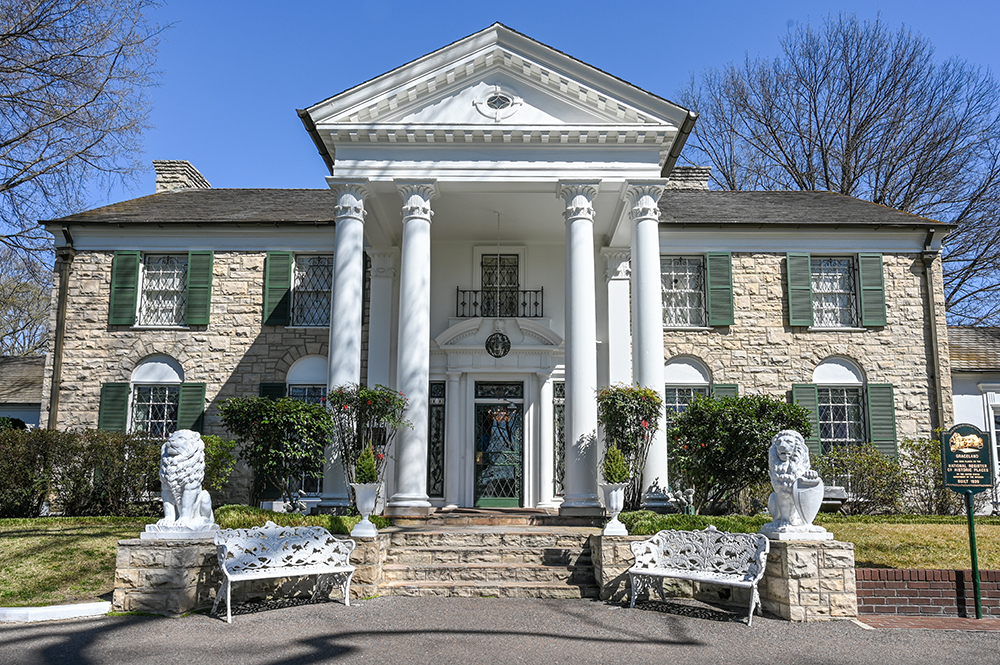
Crime and Police
• Homicides: 280 (Dec. 3, 2024)
• Of those: 35 justifiable homicide, 230 murders, 15 negligent manslaughter
• Solved homicides: 148 (Dec. 3, 2024)
• Unsolved homicides: 132
• Homicide relationship to victim: unidentified (122), stranger (7), acquaintance (7), husband (1), family (1)
• Homicide by motive: unidentified (106), argument (9), robbery (8), gang related (5), drug related (2), threat of force (1)
• Homicide weapon type: firearm (124), knife (5), physical (2), drugs (1)
• Homicide gang affiliation: victim (24), suspect (0)
• Homicides by top ZIP codes: 38127 (33), 38118 (25), 38114 (24)
• ZIP codes with no homicides: 38002, 38016, 38113, 38120, 38135, 38138, 38152
• Homicides by top locations: on street (104), residences (83), businesses (32), gas stations (27)
• Traffic tickets: 75,405 (fiscal 2024)
• Tickets by race: 53,864 (71.4 percent) Black, 11,186 (14.8 percent) white, 8,126 (10.7 percent) Hispanic
• Unique offenders: 175,004
• Unique offenders by sex: male (70,000), female (29,000)
• Offenders released: 172,579
• Remained in custody: 2,099
• Top offenders by number of arrests: Brian Holmes (55), Deundra Milligan (45), Michael Jones (40)
• Full-time police officers per 1,000 residents: 3.16, 2022 (national average for cities with more than 250,000 people is 2.4 per 1,000)
City of Memphis budget
• Total revenue: $891.3 million (2025)
• Top revenue categories: local taxes ($600 million), state taxes ($79.2 million), licenses and permits ($27.8 million)
• Total expenses: $891.3 million
• Top expense categories: personnel ($640.8 million), materials and supplies ($176.6 million), grants and subsidies ($73.9 million)
• Expenses by top divisions: police services ($309.7 million), fire services ($246.7 million), grants and subsidies ($65 million)
• Top paid employees (2023): Cerelyn Davis, director of police services ($280,862); Gina Sweat, fire chief ($205,665); Donald Crowe, assistant chief of police services ($177,768); Jayne Chandler, administrative judge ($172,016)

Sports
NBA team: Memphis Grizzlies
• Originally Vancouver Grizzlies (1995-2001)
• Relocated to Memphis: 2001
• First three seasons played at the Pyramid
• Home games: FedExForum since 2004
NCAA basketball: University of Memphis Tigers
• Home games: FedExForum
Minor League Baseball: Memphis Redbirds
• Major League Baseball affiliate: St. Louis Cardinals
• Home games: AutoZone Park since 2000
NCAA football: University of Memphis Tigers
• Home games: Simmons Bank Liberty Bowl
• Biggest crowd: 65,885, versus University of Tennessee in 1996
Sources: United States Census Bureau, Memphis-Shelby County Schools, Memphis-Shelby County Economic Development Growth Engine, Greater Memphis Chamber, Shelby County Health Department, Federal Reserve Bank of St. Louis, Port of Memphis, Memphis International Airport, FedEx Corp., Memphis Tourism, Graceland, Downtown Memphis Commission, Memphis Rock ‘n’ Soul Museum, Memphis Zoo, Bass Pro Shops at the Pyramid, Memphis Police Department, City of Memphis, OpenPayroll, Shelby County Sheriff’s Office, Wikipedia (fact-checked), University of Memphis, Memphis Grizzlies, Memphis Redbirds, Bureau of Labor Statistics, The Commercial Appeal, National Endowment for the Humanities, Encyclopedia Britannica, Sun Studio, National Civil Rights Museum


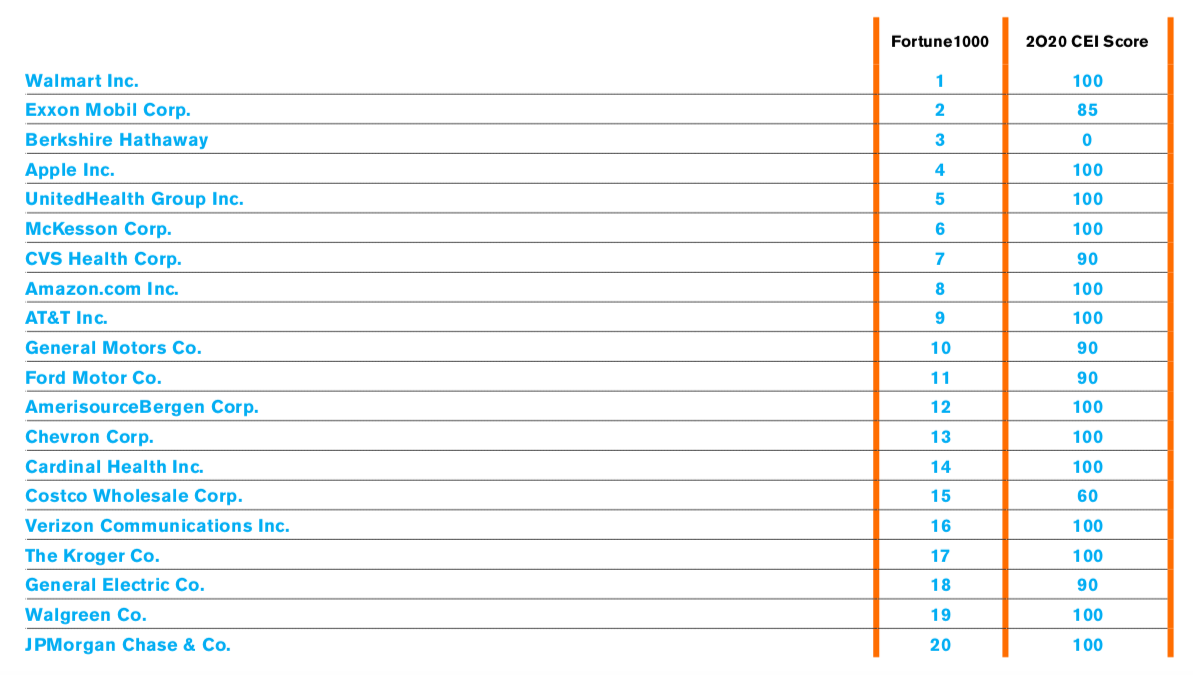 Human Rights Campaign
Human Rights Campaign 
